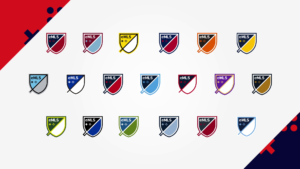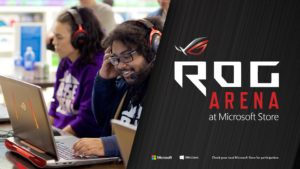Esports has its first big contractual lawsuit as Turner Tenney, also known as “Tfue” sued Faze Clan Inc. (“Faze Clan”) earlier this month in the Superior Court of the State of California. The lawsuit underscores an issue in the nascent sport.
The Complaint states that Tfue is a 21 year old professional gamer and content creator/streamer. His videos are viewed by millions, sponsors are willing to pay for Tfue to perform in and create videos that will, at least in part, promote their goods, services and brands.
Gaze Clan is an esports entertainment company according to Tfue. He signed a “Gamer Agreement” with Faze Clan when he was 20 and describes the contract as “grossly oppressive, onerous and one-sided. Notably, Tfue underscores that Faze Clan was to receive up to 80% of the revenue paid by third-parties for his services.
Tfue also claims that they violate California’s Talent Agency Act as he claims that it protects artists and Faze Clan is an unlicensed talent agency operating within the state.
In addition to the alleged illegal contract and illegal procurement of employment, Tfue claims that it has diverted money owed to him for themselves.
Tfue claims that the Gamer Agreement had an initial term of six months and would automatically be extended for an additional thirty-six months if certain conditions were met. As part of the lawsuit, he is requesting termination of his Gamer Agreement.
Despite letters from his attorney regarding a breach of the Gamer Agreement, Faze Clan, denied that it had breached the agreement.
In addition, Tfue claimed certain sections of the contract were in violation of state law including an exclusive “Matching Right” section



He also claims that Faze Clan passed up on a sponsorship deal for him due to a conflict the company had with one of its competitors.
This lawsuit is unique in esports as there has been few, if any, contractual disputes that have gone this far. FazeClan claimed that it would release the full contract so that the public can see the terms. This seems like a very good PR move but bad litigation strategy.
Faze Clan recently released this video which responds to allegations in the lawsuit and give some context to the situation. In it, they state that Tfue had previously signed a Gamer Agreement with another organization and had attorney to look over his contract. Moreover, they believe that he was set on starting his own organization and was looking for a way out.
A statement from FaZe Clan about contracts.
This video is 7:15 long, and for all those invested in this public discussion, we encourage you to watch it all the way through. Thank you. #FaZeUp pic.twitter.com/3FaN5rLAuJ
— FaZe Clan (@FaZeClan) May 24, 2019
This will certainly a lawsuit to watch. Esports is evolving and contractual disputes are bound to occur as players become more savvy about what they are signing.


